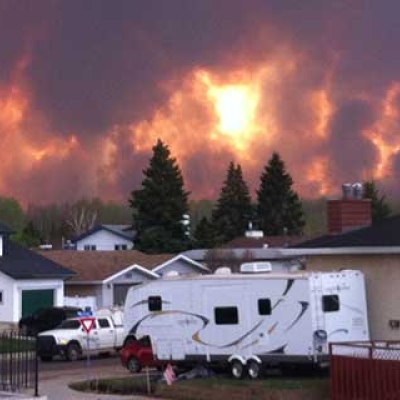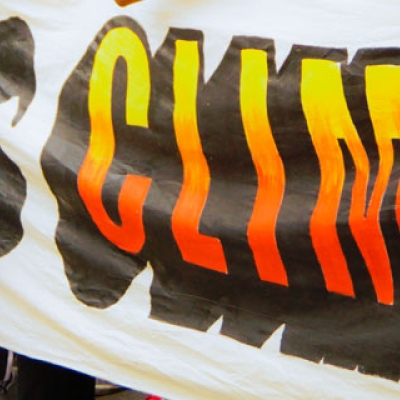
How Wildfire Will Shape Our Future: A Conversation with Edward Struzik
By Katharine Sucher / On October 4th, 2017
Edward Struzik's Firestorm is a "comprehensive and compelling" (Booklist) look at wildfires in the age of climate change. We sat down with Struik to talk about wildfire, first responders, and how megafires will shape our future. Have more questions for Struzik? Share them in the comments below.




